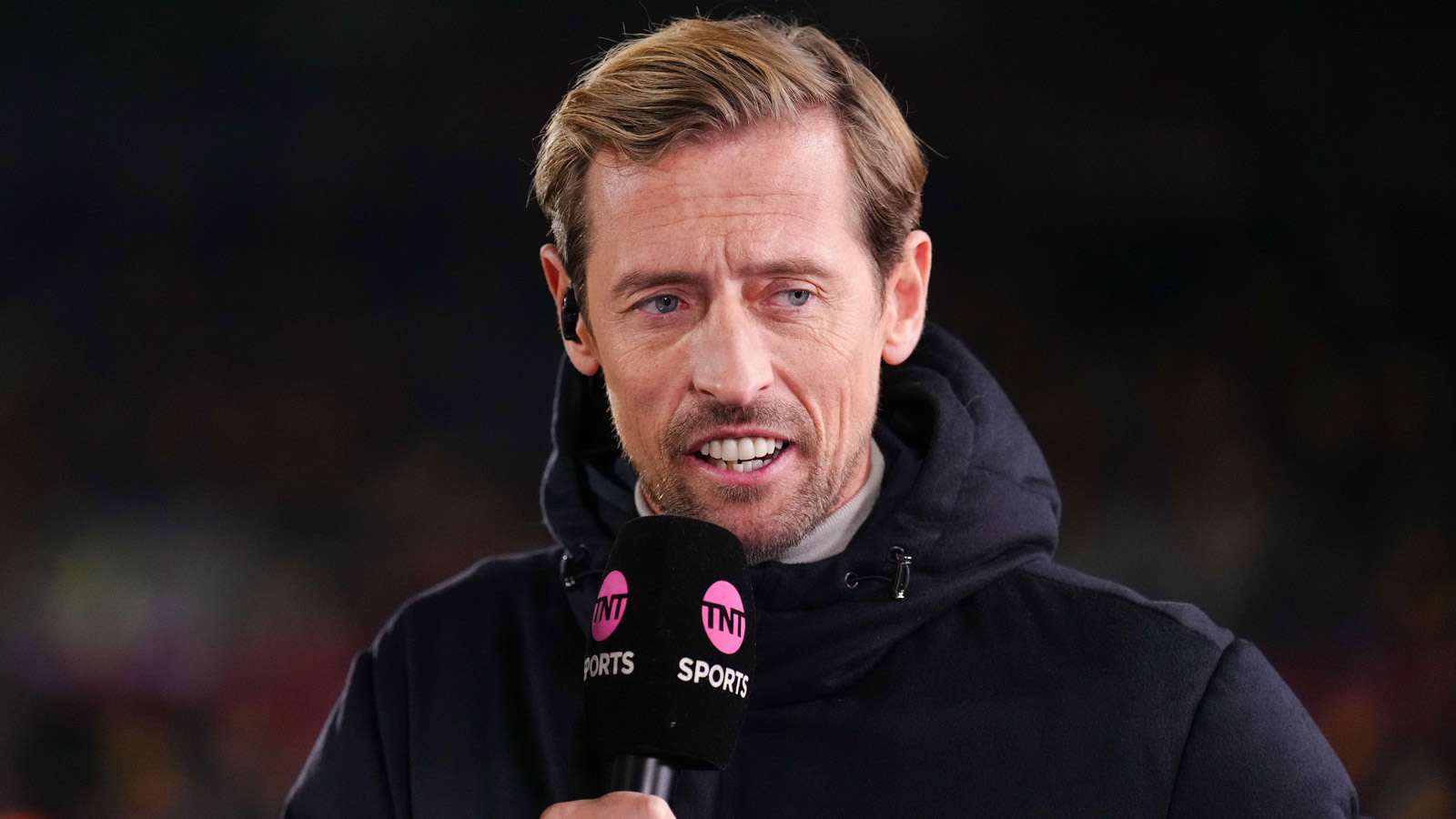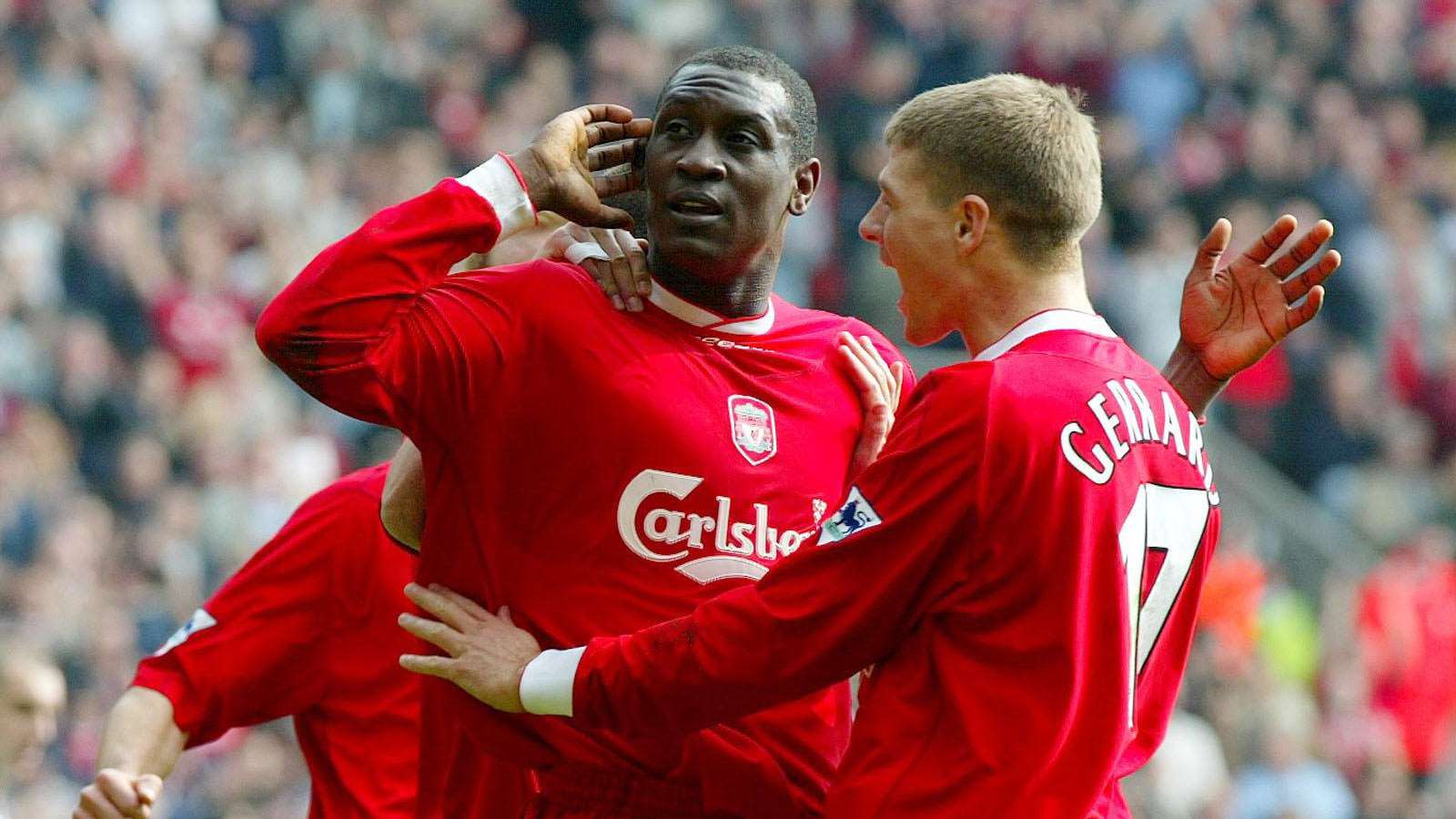John Barnes’s remarkable football journey saw him flourish under some of the most respected managers in both English and international football.
From his early days at Watford, through a trophy-laden decade at Liverpool and international career with England, Barnes experienced the influence of different coaching styles and philosophies that shaped his game.
When asked in a recent interview to name the best manager he ever played for, Barnes couldn’t settle on just one and instead highlighted a manager from both club and country.
“The best club manager I played for was Graham Taylor, he took Watford from the fourth division to the top division and hardly spent any money on players, and the best international manager was Terry Venables.”
Graham Taylor, who famously guided Watford from the depths of the old Fourth Division to the First Division in a matter of years, epitomised resourcefulness and man management.
Taylor nurtured Barnes as a teenager, giving him the platform to showcase the dazzling skill and composure that would later make him one of England’s most feared attacking players.
Barnes’s admiration reflects Taylor’s ability to maximise talent in an era before the financial riches of the Premier League.
On the international stage, Terry Venables made a lasting impression on English football. Venables’s leadership of England at Euro ’96, where Barnes was still involved in the squad, was widely praised for its tactical flexibility and his ability to foster unity.
The former England international’s acknowledgment of Venables underlines the respect many players held for a manager who understood how to balance tactical nuance with personal relationships.
Barnes’s experiences with influential managers fed into his own understanding of football tactically and in terms of man-management. They influenced the way he read the game, adapted his role as he matured, and eventually transitioned from winger to central midfielder, with his years at Anfield best demonstrating how these lessons bore fruit.
Signed from Watford in 1987 for £900,000, Barnes immediately became a cornerstone of Kenny Dalglish’s side. In his debut season, he scored 15 league goals as Liverpool stormed to the First Division title, and his electrifying displays earned him the PFA Players’ Player of the Year award.
Alongside Ian Rush and Peter Beardsley, Barnes was at the heart of one of the most entertaining and ruthless attacks in English football.
Even as injuries later curtailed his pace, Barnes showed his intelligence by reinventing himself as a deep-lying playmaker. From midfield, he dictated tempo with his passing range and vision, eventually captaining Liverpool and mentoring a younger generation that included Robbie Fowler and Jamie Redknapp.
Over a decade at Anfield, Barnes made 407 appearances and scored 108 goals, leaving a legacy as one of the club’s all-time greats.
It is clear that Barnes values the managers who shaped his journey as much as the trophies he won.
Graham Taylor’s ability to achieve extraordinary success on limited resources, and Terry Venables’s leadership at the highest level, both left a profound impact.
Together, they represent the pivotal influences behind one of England’s most gifted footballers.




